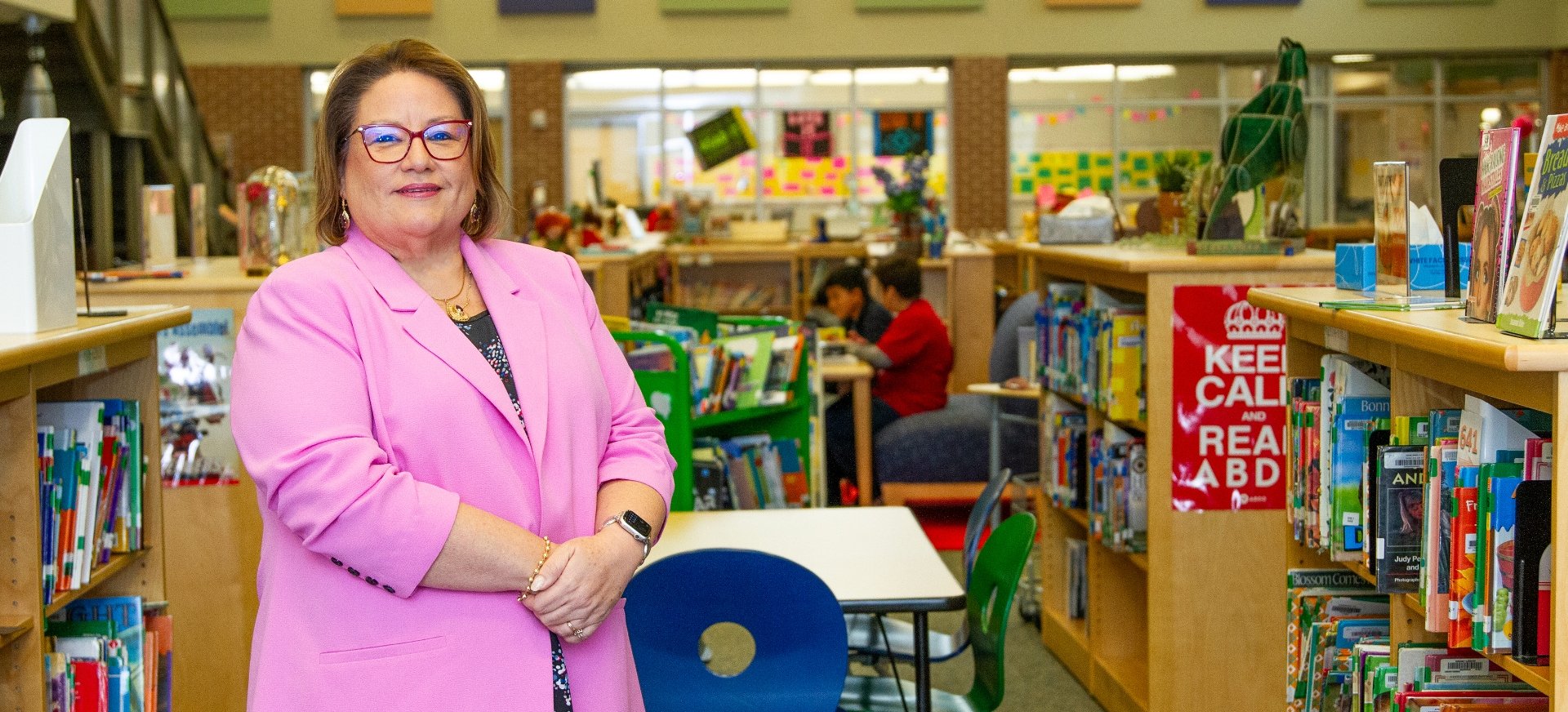
Vivian Pratts
Executive Director of Professional Development
About Dr. Vivian Pratts
Born in Puerto Rico, Dr. Vivian Pratts has traversed various roles and experiences that uniquely position her to comprehend the intricate challenges faced by multilingual learners. Beginning as a newcomer student in eleventh grade, Dr. Pratts navigated the complexities of adapting to a new educational environment, providing her with firsthand insights into the hurdles faced by students entering unfamiliar linguistic and cultural landscapes. Her journey continued as she ascended to the role of a campus principal, where she honed her leadership skills and gained a holistic perspective on educational administration.
Further deepening her understanding, Dr. Pratts took on the role of a Bilingual/ESL (English as a Second Language) Director, shaping policies and strategies to support the academic success of multilingual learners. Through her doctoral work, she delved into the theoretical underpinnings of bilingual education, cementing her expertise and contributing valuable insights to the broader educational community.
Dr. Vivian Pratts, with her diverse experiences, brings a comprehensive understanding of the multifaceted challenges surrounding language acquisition and education. Her journey, from newcomer student to educational leader and scholar, uniquely equips her to advocate for and address the diverse needs of multilingual learners from various perspectives. Dr. Pratts has 35 years of experience in education and holds a Bachelor’s Degree in Elementary Education from Lamar University, a Master’s Degree in Educational Leadership from Sam Houston University and a Doctoral Degree in Bilingual Studies from University of Texas Rio Grande Valley.
Testimony
“What I enjoy most about my current role as a consultant is being part of a Community of Practice where I can support district, campus leaders, and teachers in understanding the nuanced nature of bilingual education. My passion is supporting educators to understand how distinct designing, delivering, and assessing bilingual students’ learning outcomes is from monolingual practices or ideologies. To ensure our bilingual students work at their fullest potential, we must understand the holistic nature of our emergent bilinguals’ meaning-making abilities.”


